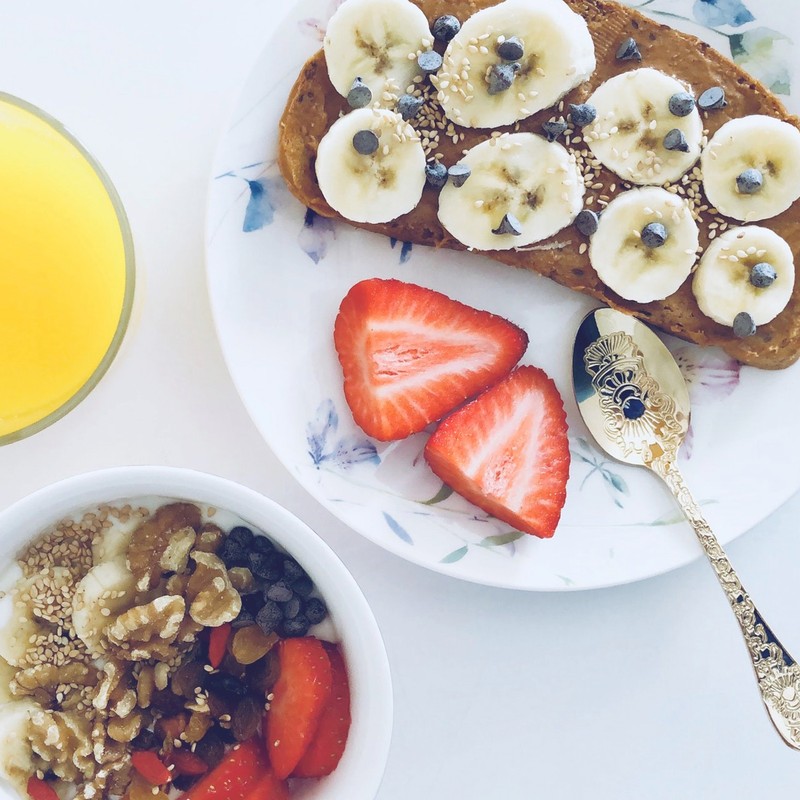How 9 Wellness Experts Boost Their Protein Intake
Go Plant-Based
“The idea that you need to be consuming meat to get protein with every meal is outdated and unsustainable. I’m a big fan of vegetarian and vegan protein sources – try adding a vegan pea protein powder or hemp seeds to your smoothies in the morning. My view on animal protein is to eat less of it but better quality. Ideally if budget allows, organic meat and wild fish is best.” – Fran Philips, nutritional therapist
Try Combining Your Protein
“Meat, fish, seafood and eggs deliver all 22 different types of amino acids (the building blocks of the body), making them a ‘complete’ protein. However, very few non-animal-based proteins, such as tofu, beans, nuts and wholegrains like quinoa, contain a whole complex of amino acids, meaning they must be combined to get all the necessary nutrients. If you follow a plant-based diet or are trying to cut back on your meat intake, think brown rice and hummus or peanut butter and oatcakes, among dozens of other combinations.” – Rhiannon Lambert, Harley Street nutritionist
Eat Protein First Thing
“One piece of advice I always give to my clients is to include some form of protein at breakfast alongside some carbohydrate – this will really help to keep your blood sugar levels stable throughout the day. Breakfast tends to be the most common time where many struggle to incorporate adequate amounts of protein, so try something like eggs or even chia seeds mixed into your porridge, which are a great source of plant-based protein and healthy fats.” – Lily Soutter, nutritionist
Think Protein For Snacks
“It pays to plan ahead when it comes to your protein intake – something as simple as a protein-rich snack can work wonders to boost your intake and keep you full until your next meal. I’m a big fan of Pulsin bars (they taste like a real treat but are surprisingly low in sugar and carbs), as well as little bags of spicy nuts and seeds (try Clearspring’s Tamari Roasted Cashew Nuts). The high protein content in these snacks means glucose is released more slowly, keeping you feeling fuller for longer. Plus, nuts are nutritional wonders – high in magnesium, zinc, copper and manganese plus B vitamins and vitamin E.” – Gabriela Peacock, nutritionist & Founder of GP Nutrition
Be Realistic About Your Needs
“In general terms, most moderately active adults – so those who exercise once or twice a week, cycle to work or walk the dog in the evening – will meet their protein needs without any issues. The Reference Nutrient Intake (RNI) is 0.75g of protein per kilogram bodyweight per day for adults, so this would be roughly 52.5g of protein for a 70kg person. People who are active require more than this, and the amount varies from 1.2g-2g per kg depending on the type, intensity and duration of exercise. For example, those who strength train (e.g. weight lifting) require more than those who do endurance training (e.g. running). A good rule of thumb is choosing a palm-sized portion of protein with each meal and snacking on protein-rich foods such as yoghurt, nuts, and seeds. Remember, you might not need as much protein as you think.” – Dr Hazel Wallace, The Food Medic
Stock Up On Greek Yoghurt
“Greek yoghurt is one of my absolute essentials – you’ll always find it in my fridge. I love either Fage Total Greek or Skyr and add them to everything, from breakfast birchers to protein smoothies. As it’s strained, it’s packed full of dairy protein – an 100g serving is loaded with 10g of protein, which will really keep you full.” – Louise Parker, weight loss expert & Founder of the Louise Parker Method
Find A Protein Powder You Love
“I was always quite sceptical of the need for protein powder but if you’re active (exercising more than three times a week) and lead a busy lifestyle where it’s not always possible to maintain a balanced diet, the right protein powder will keep you on track. Thanks to a whole host of new-gen formulas, finding the right formula for you just got even easier. I love Form’s Superblend Protein, £24, which packs 20g of plant-based protein with greens and superfoods in one serving and is packed full of fibre and probiotics. It’s one of the only powders I’ve tried that tastes genuinely delicious when mixed with just water – try adding it to overnight oats and Greek yoghurt too.” – Tor Cardona, SL Health & Beauty Editor
Be Wary Of Tofu
“Whether you’re vegan or not, it’s really important to try and get protein in every meal as this helps you to stay full, prevents blood sugar dips and also ensures you get a variety of nutrients into your daily diet. Many of my vegan clients just rely on tofu, but this is actually quite processed and not something we should be eating more than two to three times per week. You're better off choosing edamame beans instead, as these are also rich in calcium, iron and fibre. If you're relying on other beans and pulses for plant-based protein then these are great but only are often only 20% protein, so I recommend adding in nuts and seeds in too, or using a tahini-based dressing to bring up protein levels.” – Alice Mackintosh, nutritional therapist and Founder of Equi London
Try Spirulina
“Forget fancy superfoods, spirulina is one to keep on your radar. Surprisingly, it has a full amino-acid profile, so adding a small scoop to smoothies, soups or salad dressings is a really easy way to boost your protein intake without thinking about it too much. Also stock up on pomegranates, which contain some useful levels of protein too.” – Lola Ross, nutritionist & Co-Founder of Moody
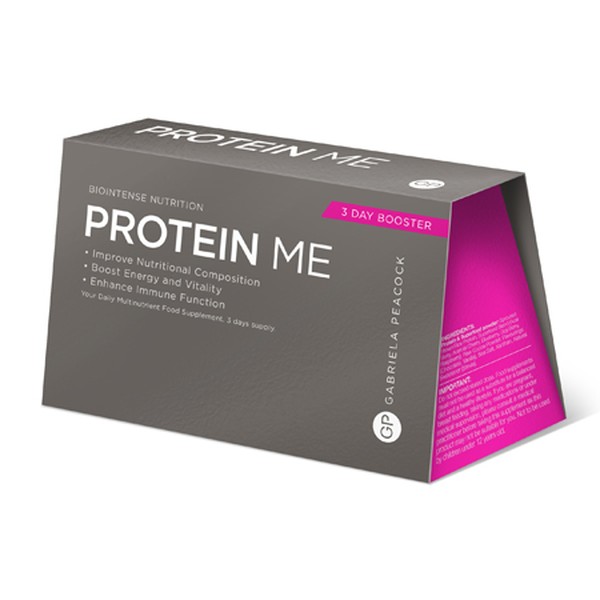
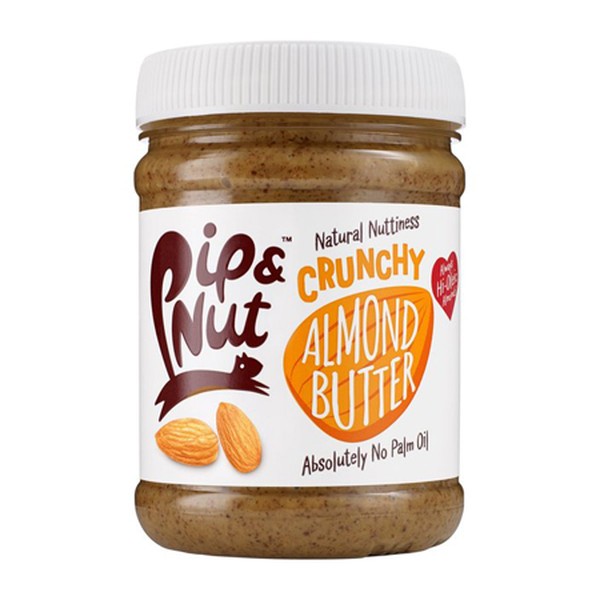
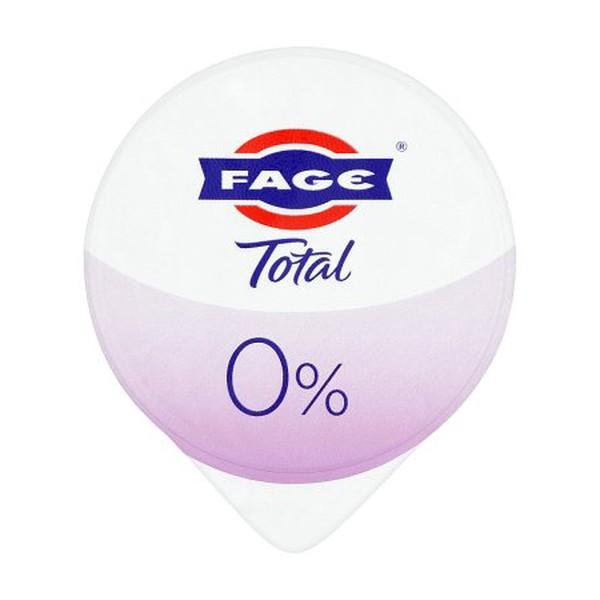
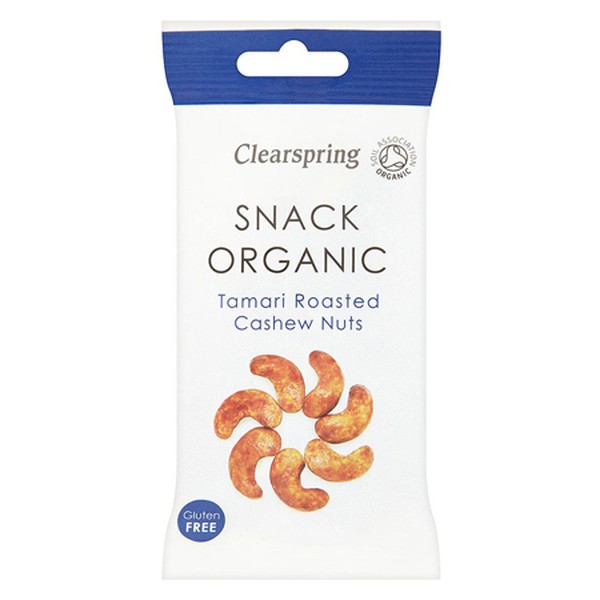
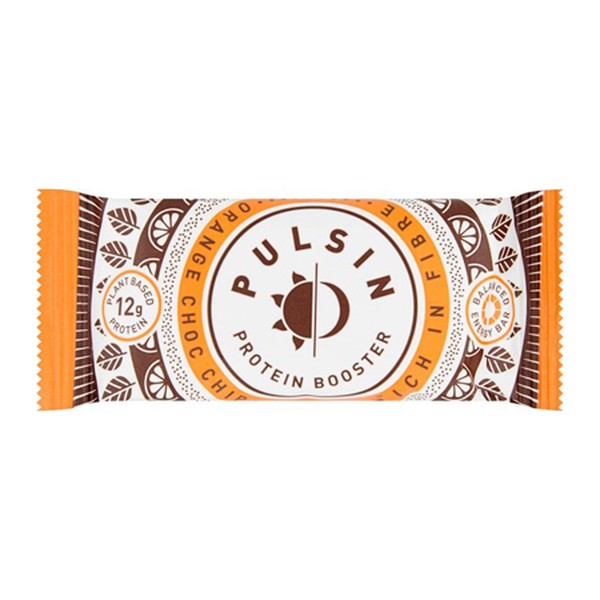
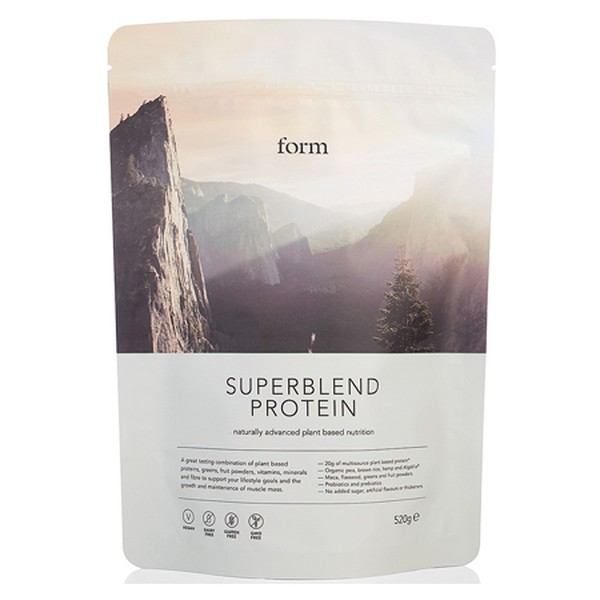
DISCLAIMER: We endeavour to always credit the correct original source of every image we use. If you think a credit may be incorrect, please contact us at info@sheerluxe.com.
